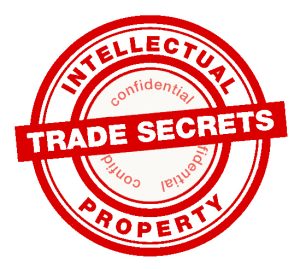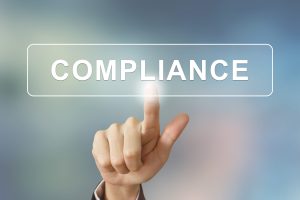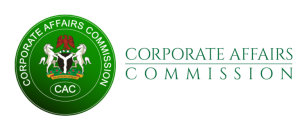
In any company, shareholders and directors are two key groups of stakeholders, each with a unique set of roles and responsibilities. Although there are some similarities between the two, there are also significant differences that distinguish them from one another. Understanding these differences and similarities is essential for effective corporate governance and the long-term success of the company.
SIMILARITIES
Shareholders and directors both have a vested interest in the company’s success. Shareholders invest their money in the company, while directors oversee its management and make strategic decisions that can impact its performance. Moreover, both groups have legal duties and obligations that they must fulfill. Shareholders must act in the best interests of the company, while directors must act with due care and diligence and in good faith to promote the company’s best interests.
DIFFERENCES
The primary difference between shareholders and directors is their level of involvement in the company’s day-to-day operations. Shareholders do not typically participate in the management of the company and do not have the authority to make decisions on its behalf. Instead, they elect the board of directors, approve major decisions such as mergers or acquisitions, and receive dividends based on their share ownership.
In contrast, directors are responsible for managing the company’s operations and making strategic decisions that can significantly impact the company’s success. They oversee the company’s executives, set corporate policy, and make major business decisions such as approving budgets and investment decisions. Furthermore, directors have a legal duty of care and loyalty to the company, which requires them to act in the company’s best interests.
Another significant difference is in their liability. Shareholders are generally not personally liable for the company’s debts or legal obligations. Directors, however, can be held personally liable for breaches of their legal duties or for decisions that harm the company.
EXAMPLES
One example of shareholder involvement is the recent proxy fight at ExxonMobil. Activist investors sought to replace several members of the company’s board of directors with candidates who would prioritize the company’s transition to clean energy. Although the vote was unsuccessful, it demonstrated the power of shareholders to influence the company’s strategic direction.
On the other hand, a recent example of director involvement is the decision by Netflix’s board of directors to increase the company’s content budget by $1 billion in 2021. This decision aimed to maintain the company’s position as a leader in the streaming industry.
CONCLUSION
In conclusion, shareholders and directors are both important for the success of a company, but they play different roles and have distinct responsibilities. Shareholders have a financial stake in the company and elect the board of directors, while directors are responsible for managing the company’s operations and making strategic decisions. By understanding their roles and obligations, shareholders and directors can work together effectively and ensure the long-term viability of the company.
Regville Associates offers end-to-end legal, secretarial, tax and compliance service for companies. Our services aid companies in achieving and sustaining compliance with regulations.
Feel free to contact us.
Tolulope Oguntade Regville Associates info@regville.com 08065111667


